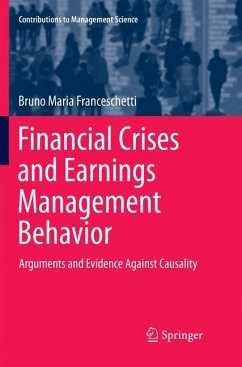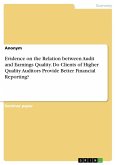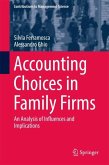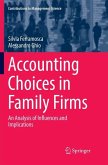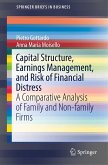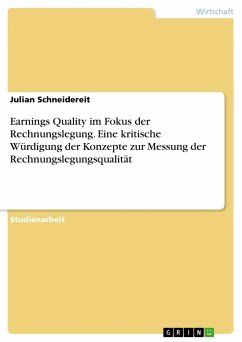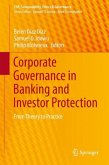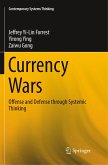This book approaches the question of the relation between financial crises and earnings management from two philosophical perspectives: positivism and critical realism. The results obtained using the positivist approach indicate that financial crises tend to have no consistent effect on earnings quality since managers' earnings behavior does not differ from the pre-crisis to the crisis period. The author accordingly argues against the existence of a causal law based on a constant conjunction model (i.e., whenever a financial crisis happens, earnings management occurs) and concludes that financial crises cannot be seen as the cause of earnings management. The critical realism perspective, on the other hand, casts light on managers' reasons for acting like an earnings manager; in conjunction with the more traditional positivist approach, it assists in refuting the idea of financial crises as a generative mechanism for earnings management. The author concludes by exploring other structures at work that might be responsible for earnings management. This book will be of interest to both academics and a wide range of professionals.

